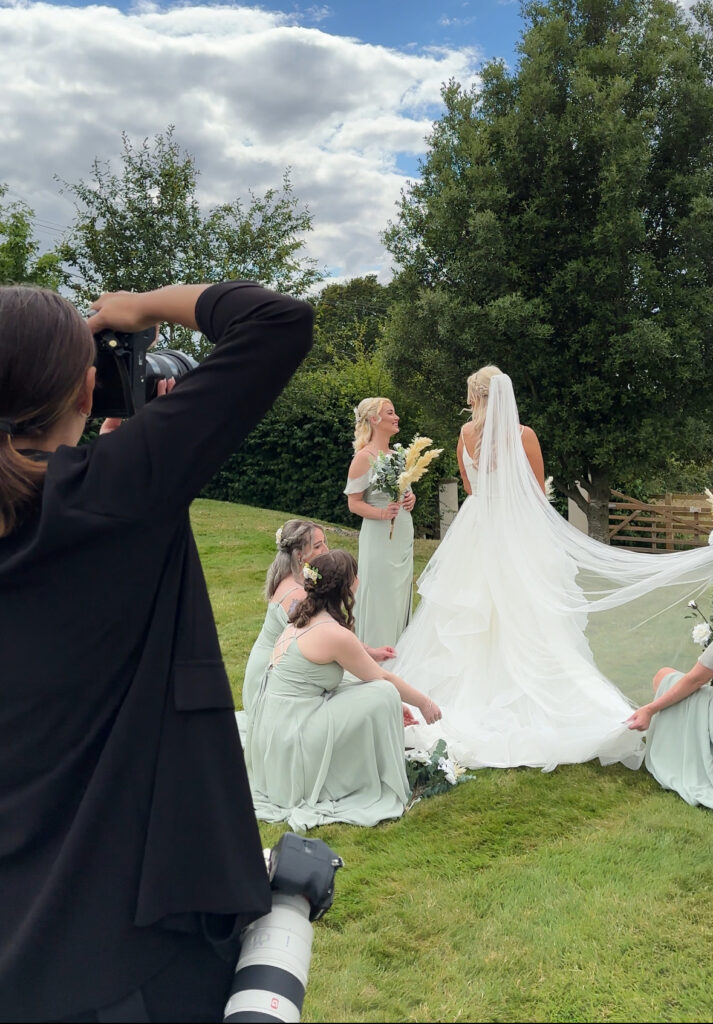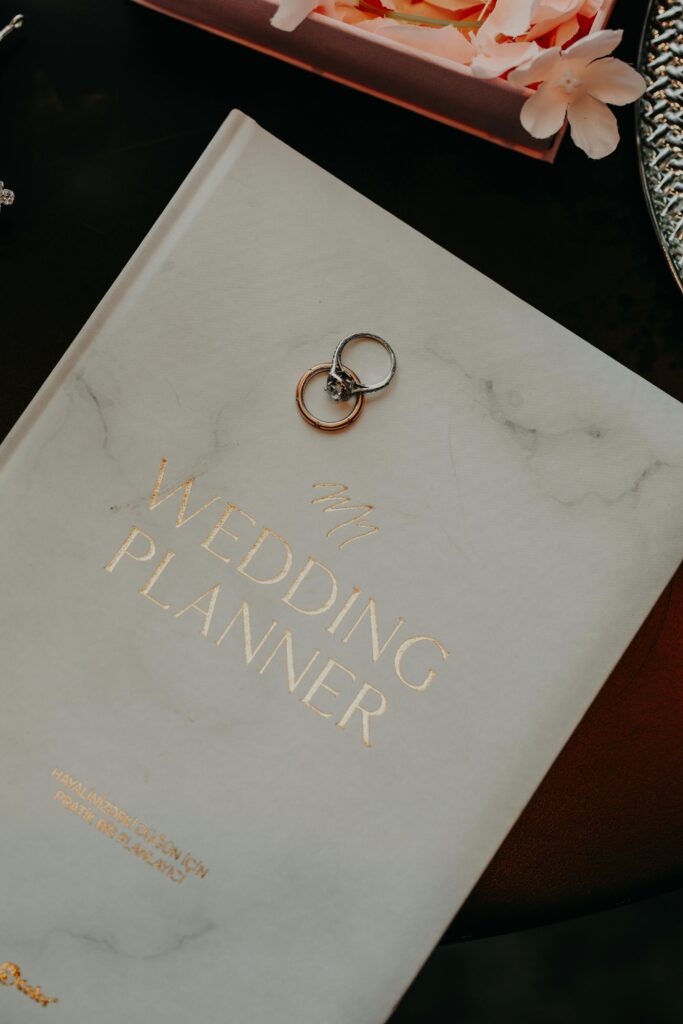Set a Wedding Budget: Essential Steps and Practical Tips for Your Special Day
Planning your dream wedding involves numerous decisions, and one of the most crucial steps is setting a budget. With a clear understanding of your initial costs, it’s time to establish an overall budget to guide your choices for all the delightful details ahead.
A well-structured budget not only helps in making informed decisions but also ensures that you allocate funds effectively for key elements such as attire, vendors, and decorations. We recommend using a wedding budget planner; it’s an invaluable tool to track expenses and keep your financial plans on course.
Prioritising Key Elements
Prioritising is essential. Focus on the aspects that matter most to you and your partner. For many couples, the venue, catering, and photography are top priorities. Allocate a significant portion of your budget to these elements, ensuring that they reflect your vision for the day.
Flexibility and Adaptability
Flexibility is equally important in your planning process. Be prepared to make adjustments as needed, whether it’s rethinking certain expenses or finding cost-effective alternatives. This adaptability will help you stay within your budget without compromising the quality of your celebration.


Practical Tips for Getting Organised
Use Planning Tools: Tools like Trello and Todoist can be incredibly helpful for organising your wedding tasks. Trello allows you to create boards and lists to manage different aspects of your wedding, such as guest lists, supplier contacts, and decoration ideas. Todoist helps you create detailed to-do lists with deadlines to ensure everything gets done on time.
Create a Timeline: Establish a wedding timeline to map out when each task needs to be completed. This timeline should include booking the venue, sending out invitations, and scheduling fittings. Using tools like Google Calendar and Outlook Calendar, create a dedicated wedding calendar that can be shared with your partner and family. This ensures everyone is on the same page and aware of important dates and deadlines.
Track Your Expenses: Keep a detailed record of all expenditures. Start with simple tools like Excel or Google Sheets to create a budget spreadsheet. These tools are user-friendly and can be customised to fit your needs. For more advanced tracking, apps like Mint or YNAB (You Need A Budget) can help you monitor your spending and ensure you stay within your budget. These tools can sync with your bank accounts to give you a real-time overview of your finances.
Communicate with Suppliers: Maintain clear and consistent communication with your suppliers. Use tools like Facebook Messenger, WhatsApp, and text messages to keep all conversations and agreements in one place. This makes it easier to reference details as needed and ensures that everyone is on the same page.
Delegate Tasks: Don’t hesitate to delegate tasks to trusted friends or family members. Creating WhatsApp groups for different aspects of the wedding can help keep everyone organised and in the loop. Assign specific tasks to individuals and track their progress within these groups to ensure that nothing falls through the cracks.
By setting a clear budget and prioritising key elements, you can plan a wedding that is both beautiful and financially sound. Enjoy this exciting journey, and rest assured that careful budgeting and organised planning will contribute to a truly memorable day.
Contact us today to find out more about our exclusive use wedding venue and discover how we can make your dream wedding come true!
Our newsletter
Follow us
We love being social! Share your stories,
and join the conversation










